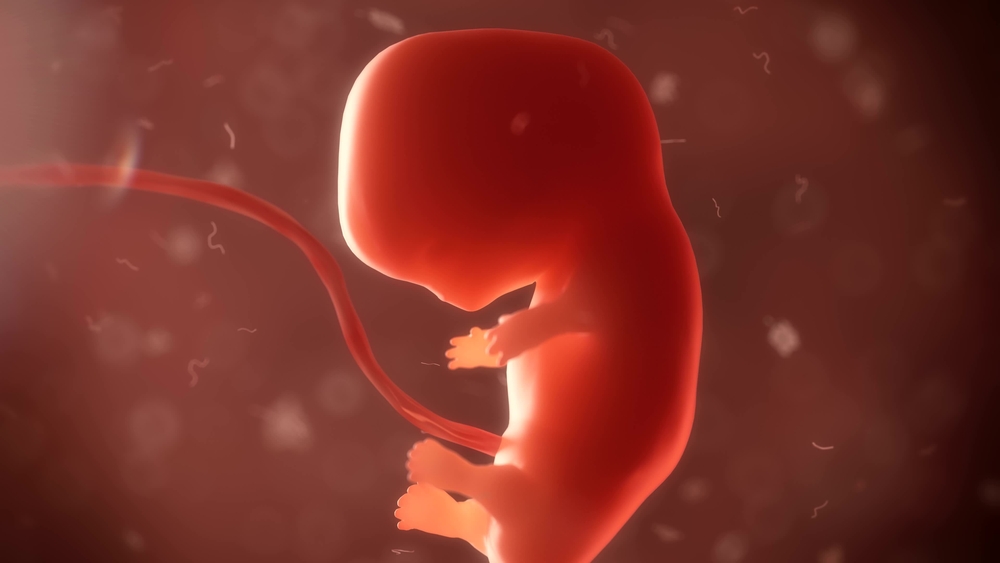IUI Treatment in Delhi
Intrauterine Insemination (IUI) is the process where a concentrated specimen of sperm is delicately placed in the uterus. In this procedure, a speculum is inserted into the vagina and the visualization of the cervix takes place. A soft and then catheter is then placed through the cervix and then into the uterus. Through the inserted catheter, the specimen of the sperm is then introduced into the uterus. This procedure is accomplished inside the office and it usually times around 1 or 2 minutes. This procedure does not require anesthesia as the patient will not procure any physical pain. Get Specialist IUI Treatment in Delhi from Dr Archana Dhawan Bajaj.
In the andrology laboratory, the sperm sample is intricately and specially prepared. This procedure is commonly known as ‘Sperm Washing’. This process involves the placing of the sperm in a test tube and then in a centrifuge. This will result in the sperm collecting in a “pellet” at the bottom of the test tube. The seminal fluid is then removed and is placed above the sperm. The most active of the specimen will then swim up to the media. The final sample will contain the most active sperm concentrated in a small volume of media. When a fresh sperm sample is processed, a single IUI treatment in Delhi is usually performed by an IVF doctor. When a frozen sample is processed, two IUI on consecutive days are appropriately performed.
It is not imperative that the timing of the insemination is performed exactly during the time of ovulation. As both the sperm and the egg will remain in the female genital tract for many hours, the insemination may be done within a window of several hours around the time of ovulation. Following the IUI, daily supplemental progesterone is given the doctor, usually in the form of a vaginal suppository, to support implantation and early embryo growth.
Specialist IUI Treatment Process
The medications that are primarily used for Superovulation or OI are clomiphene and FSH, each represented by various brands in the market. In our treatment protocols, the FSH
The primary medications that are used for either OI or superovulation are clomiphene and FSH, each of which may go by various brand names. The FSH that is used in our treatment protocols is a synthetic version of the human body’s natural hormone that stimulates the ovary to mature an egg. It is used as a subcutaneous injection. Clomiphene works by inducing the pituitary to release more of its own natural FSH. It comes in the form of a pill taken orally, usually over 5 days early in the treatment cycle. Learn more about the IUI Process.
Ovulation Induction (OI)
For women who are not ovulating regularly, the goal of the doctor through treatment is to mature a single egg – ovulation induction (OI) as referred to previously. Clomiphene alone often works well to cause the ovaries to mature an egg. A typical protocol will involve taking clomiphene each day for cycle days 3-7 or cycle days 5-9. Ultrasounds and blood tests are then used to monitor the egg as it matures. Once the egg is ready, a subcutaneous injection is given of a hormone called HCG (the ‘trigger shot’), which triggers ovulation of that egg approximately 38-40 hours after the injection.
In women whose irregular ovulation is due to PCOS, the doctor recommends a medication called metformin may be added to the treatment regimen. For those women who do not respond to clomiphene, FSH may be added to the protocol. In women who do not ovulate due to hypothalamic amenorrhea, injectibles medications containing both FSH and LH are used by the doctor to stimulate the ovaries to mature an egg. An Intrauterine Insemination (IUI) is commonly performed in the OI cycle.
Superovulation
For women undergoing superovulation, the goal is to mature more than one egg at a time (usually 2 -4), sometimes referred to as controlled ovarian hyperstimulation (COH). This is accomplished either with a combination of clomiphene and FSH or with FSH alone. Where possible, the combination regimen is usually the first choice as it requires fewer injections and less monitoring and therefore involves lower cost.
A typical combination protocol may involve taking clomiphene each day for cycle days 3-7, followed by an injection of FSH cycle day 9. A typical FSH only protocol involves taking the FSH injections beginning on day 3 of the cycle and continuing daily until the eggs are mature. Again, the cycle is monitored with ultrasounds and blood tests to follow how many eggs are maturing and how quickly they are maturing.
Often with the combination protocol, additional FSH is used on subsequent days in the cycle if the eggs are not yet mature. When the eggs are ready: the trigger shot is given and the IUI is performed after 1 ½ days. An Intrauterine Insemination (IUI) is routinely performed in the superovulation treatment cycle.



